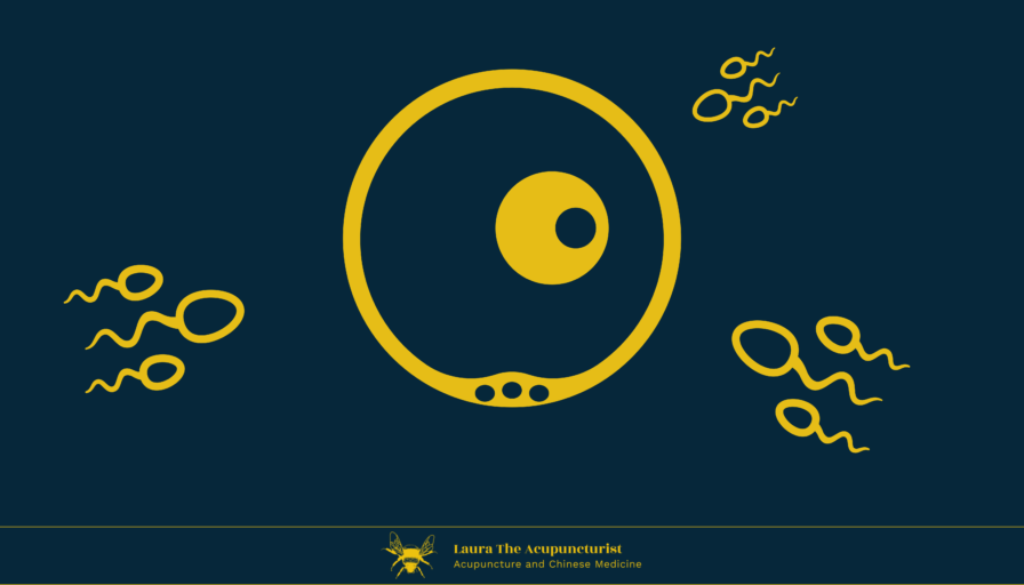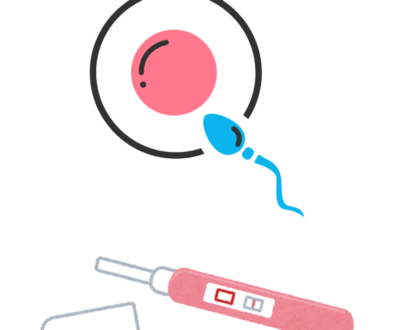Male Fertility: What You Need to Know
“It takes two to make a baby” is something we’ve all heard before, yet when it comes to the approach of many fertility clinics, the focus seems almost entirely on the woman. However, male fertility plays an equally important role. It’s not just about having enough sperm, but also about their quality — which significantly impacts conception, embryo health, and the development of a healthy baby. Let’s explore the key factors affecting male fertility and what can be done to improve it.
Understanding Male Fertility
Sperm quality is vital for conception, and a male partner’s reproductive health is as crucial as that of the female partner. Recent studies have highlighted concerning declines in male fertility. Research suggests that sperm counts have decreased by around 50% in the last 40 years among men in the Western world. This decline is linked to a range of environmental, nutritional, and lifestyle factors including smoking, processed foods, poor quality fats, pollution exposure, alcohol, and stress.
Male infertility can also be affected by conditions such as varicocele, infections, autoimmune issues, or hormonal imbalances, all of which can negatively impact sperm production, count, and motility.
Varicocele and Its Impact on Fertility
Varicocele, a condition involving enlarged veins in the scrotum, is a significant contributor to male infertility. Similar to varicose veins in the legs, varicoceles lead to impaired blood flow, causing elevated temperatures in the testicles. Since sperm production is highly sensitive to temperature, this condition often leads to reduced sperm quality, impaired motility, and decreased sperm count. Varicocele can also lead to oxidative stress, further harming sperm DNA and affecting fertility.
Diagnosis of varicocele is often conducted via a physical examination or scrotal ultrasound by a urologist. While some men with varicocele can maintain normal fertility, others may require medical intervention. Lifestyle adjustments like avoiding excessive heat, maintaining a healthy weight, and even surgical procedures such as varicocelectomy may help mitigate its effects.
Factors Contributing to Poor Sperm Quality
Lifestyle is a major factor when it comes to sperm quality. Poor nutrition, smoking, alcohol consumption, obesity, stress, and even exposure to toxins in everyday products can all contribute to compromised sperm health. Over-the-counter medications, including painkillers, and certain medical conditions such as infections or autoimmune diseases, also play a role. Heat exposure, like frequent hot baths or wearing tight underwear, can also negatively impact sperm production.
Testing for Male Fertility Issues
When assessing fertility, it’s crucial that the focus isn’t just on the female partner. Approximately 30% of fertility issues are female-factor dominant, 30% are male-factor dominant and 40% are mutual or ‘unknown’, yet traditional approaches often jump straight to IVF rather than focusing on the male partner’s health. A comprehensive evaluation by a urologist can help identify issues like varicocele, which often go undetected in a standard sperm analysis.
One important test is the SpermComet test, which looks at the quality of sperm DNA. Unlike the standard sperm analysis, which evaluates count, motility, and shape, the SpermComet test provides insight into DNA integrity, a key factor for successful fertilisation and embryo health. When combined, these tests provide a full picture of male reproductive health.
Improving Sperm Health Naturally
The good news is that sperm regenerate approximately every 90 days. This means that with positive changes to diet, lifestyle, and environment, significant improvements in sperm quality can be achieved. Many couples who have been told they need ICSI (Intracytoplasmic Sperm Injection) for fertilisation find that after making suggested lifestyle changes, they are able to conceive naturally or with less invasive treatments.
Nutrition for Better Sperm Quality
Nutrition plays a pivotal role in improving sperm quality. Here are some nutritional tips for boosting male fertility:
Take a Multivitamin: Supplements containing zinc, selenium, and Peruvian Maca can boost sperm production and quality.
Antioxidant-Rich Foods: Include fruits and vegetables rich in antioxidants to reduce oxidative stress.
Limit Sugar and Processed Foods: Choose whole grains and eat a balanced diet low in processed sugar.
Omega-3 Foods: Increase intake of omega-3 rich foods like oily fish, chia seeds, and walnuts.
Alcohol in Moderation: Excessive alcohol can harm sperm quality, so moderation is key.
I always recommend working with a nutritionist who understands fertility to get personalised advice. Nutritional therapy, combined with acupuncture treatments, can have a profound effect on overall sperm health.
Lifestyle Adjustments to Boost Fertility
Certain lifestyle changes can help support sperm health:
Exercise Regularly: Regular physical activity is beneficial, but avoid overtraining which can create oxidative stress.
Avoid Heat Exposure: Keep the testicles cool by avoiding saunas, hot baths, and tight underwear.
Sleep Well and Manage Stress: Rest is essential for hormone balance and sperm production. Make sure you get enough sleep and use stress-management techniques like meditation.
The Role of Traditional Chinese Medicine (TCM)
As someone who has spent years studying Chinese medicine and its impact on male fertility, I’m particularly passionate about how acupuncture and Chinese herbal medicine can support male reproductive health. My MSc dissertation specifically explored how Chinese herbal medicine impacts male fertility, and I’ve seen first-hand how effective it can be.
In TCM, male infertility can often be linked to imbalances in kidney energy. Kidney essence (Jing) plays a significant role in reproductive health, and when this is weakened by factors like stress or overwork, it can manifest as poor sperm quality. Acupuncture can help to balance the body’s energy and support reproductive health by enhancing circulation to the reproductive organs, regulating hormones, and reducing stress.
Chinese herbs are also highly effective in supporting male fertility. Herbal formulas are customised for each individual, with herbs chosen to nourish kidney essence, clear heat, and invigorate the blood — all crucial for improving sperm quality.
Remember: Male Fertility is Half the Picture
Male fertility is often overlooked, but it’s just as important as female fertility when it comes to successful conception. With a focus on lifestyle changes, nutrition, and Traditional Chinese Medicine, significant improvements can be made to sperm health, giving couples a better chance of conceiving naturally.
If you’re struggling with male fertility issues, or simply want to improve your reproductive health, get in touch. A combination of lifestyle advice, acupuncture, and personalised herbal prescriptions can make all the difference. Together, let’s work towards improving your fertility.




